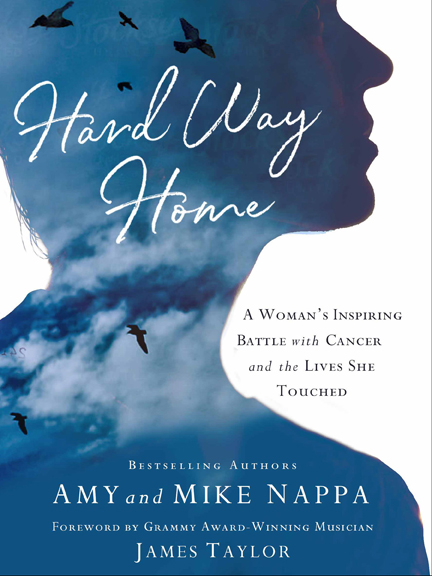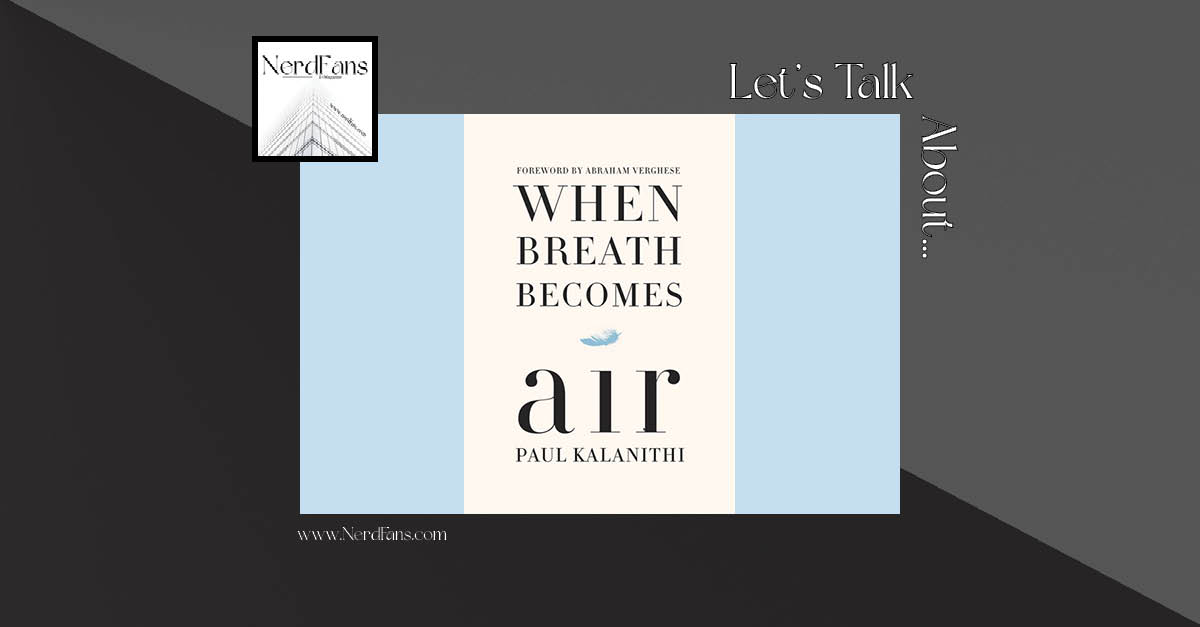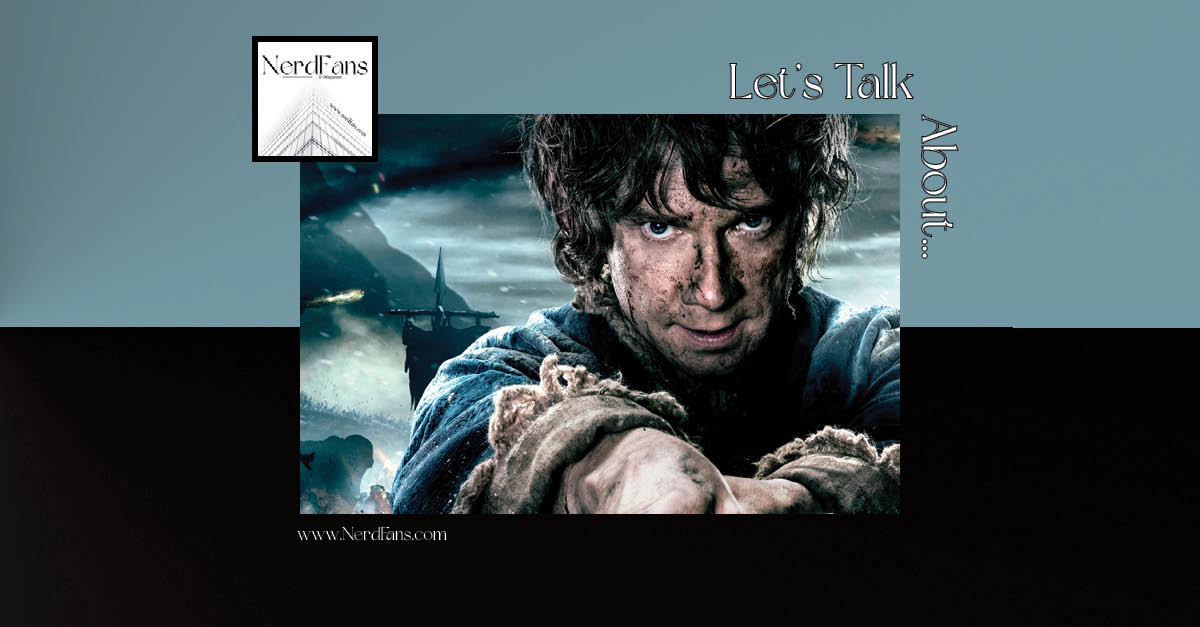A Sales Team reason for rejection
Wow, this reason for rejection is so unfair.
And it’s not even legitimate, really. Lots of celebrities write books that never crack a bestseller list and which shouldn’t have been published to begin with.
Nonetheless, I have on several occasions sat in a room with a group of salespeople and asked the question, “What kind of book would you most like to have to sell to bookstores next season?” One of the first answers has always been, “Can you get us a book by a celebrity?” They don’t even care who the celebrity is, just that the author is one.
Why do salespeople want books by celebrities? It’s actually a brand/buy issue. If I give them a book by, say, Jimmy Fallon, the brand for the book is already established and successful in the marketplace. When they start contacting book buyers for Barnes and Noble or Wal Mart, my sales team doesn’t have to spend a lot of time explaining and cajoling those people to stock the book in their stores. The book buyers already know who Jimmy Fallon is; they know their customers know; and they know many people will go ahead and brand/buy the Fallon book sight unseen—that is, they’ll buy it simply because they’re already sold on the “Jimmy Fallon” brand name from late night TV.
So … what if you’re not a celebrity with a built-in brand name that can guarantee a certain amount of sales simply because of your popular recognition?
Unfortunately, that’s already one strike against your proposal. The fact that the overwhelming majority of authors aren’t celebrities never figures into the equation. (I know—stupid, huh?) Neither does the fact that book publishers fail more often with built-in celebrity books than they succeed with them. Nor the fact that publishers can actually make you a celebrity by publishing your book and investing marketing, publicity, and sales dollars into the promotion of it. In a publishing board meeting, those truths are irrelevant.
To the VP of Sales, either you’re a celebrity or you’re not. If you are, he’ll be happy to vote in favor of publishing your book. And if you’re not? Well, that could be the reason for your last rejection.
What You Can Do About It
1. Um…Quit Writing and Pursue a Celebrity Career?
Honestly, from a purely pragmatic perspective, this is the best advice for people who really just want to publish books without doing all that silly “writing” part. If that’s you, then go ahead and get on Survivor, become a pro athlete, win American Idol, move to Los Angeles and become a movie or TV star, pursue fame as a YouTube sensation, fly to the moon, become a superhero, go partying with Paris Hilton, whatever you can do that will get you into the ranks of the notable and well-known. You’ll never truly be an author, but hey, you’ll get published, and that’s what you want anyway, right?
Or you can…
2. Go Back to Reason for Rejection #32, and Review Strategies for Building an Author Platform
If you’re not ready to abandon writing so you can become a celebrity and get published, then start thinking seriously about ways to improve your author platform.
By its nature, an author platform extends an author brand name. If you can extend your author brand to the point where becomes a brand/buy name—a recognizable, and trusted, name that prompts people to buy—then you’ve achieved a measure of celebrity that will carry weight with both the Sales VP and Marketing VP at a publishing house. Sure, you may never be as famous as Jimmy Fallon or Paris Hilton, but that’s OK. Minor celebrity that’s translatable into brand/buy sales still makes a difference. A Sales VP won’t overlook the work you’ve done on the marketing side to build your author platform.
3. Get a Few Celebrities to Endorse Your Book
If you’re not a celebrity yourself, you can still draw on the power of celebrity that a Sales VP finds attractive. How? Get connected with a few celebs who might be willing to provide an endorsement for your book. This is, of course, easier said than done. But with celeb access through websites, Facebook, Twitter, LinkedIn, and other options, it doesn’t have to be impossible.
First, DON’T stalk a celebrity, either online or in person. I mean it. Just don’t.
Next, try to connect with some of the people who are within your reach. Maybe through a friend or a friend of a friend. Maybe through a fan letter. Maybe through a note on a web blog, or through your agent or a shared editor. Maybe at a writer’s conference or through a professor at film school. You get the idea.
True, most celebrities will probably ignore you. But if you can deliver even as few as two celebrity endorsements for your next book, the Sales VP will definitely be interested—and it could be enough to tip that person’s vote in your favor.
Looking for more? Check out these links:










